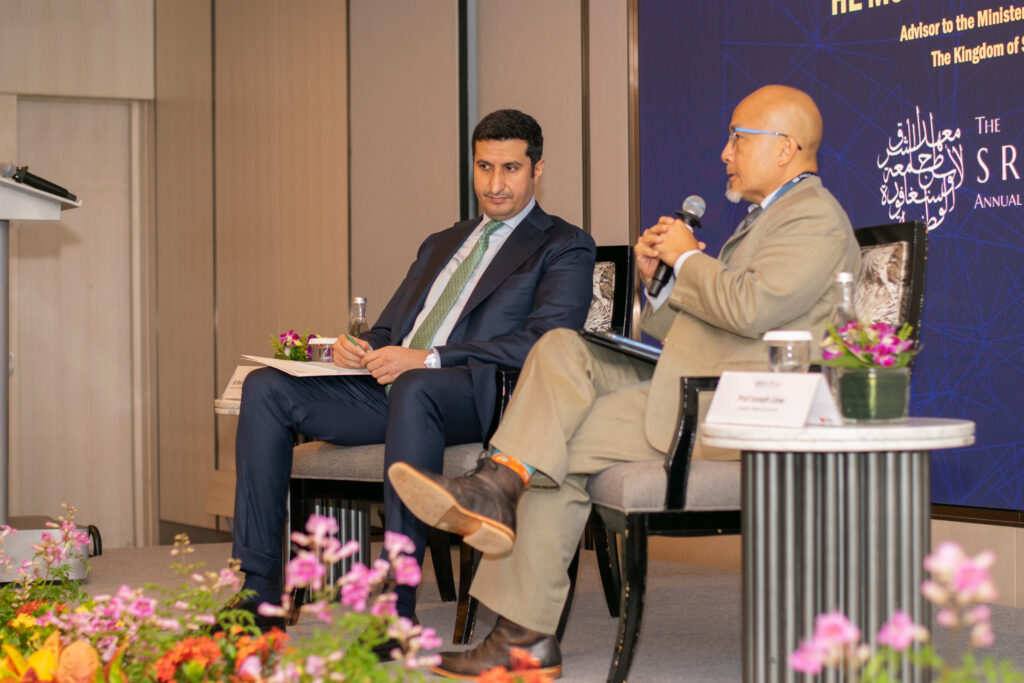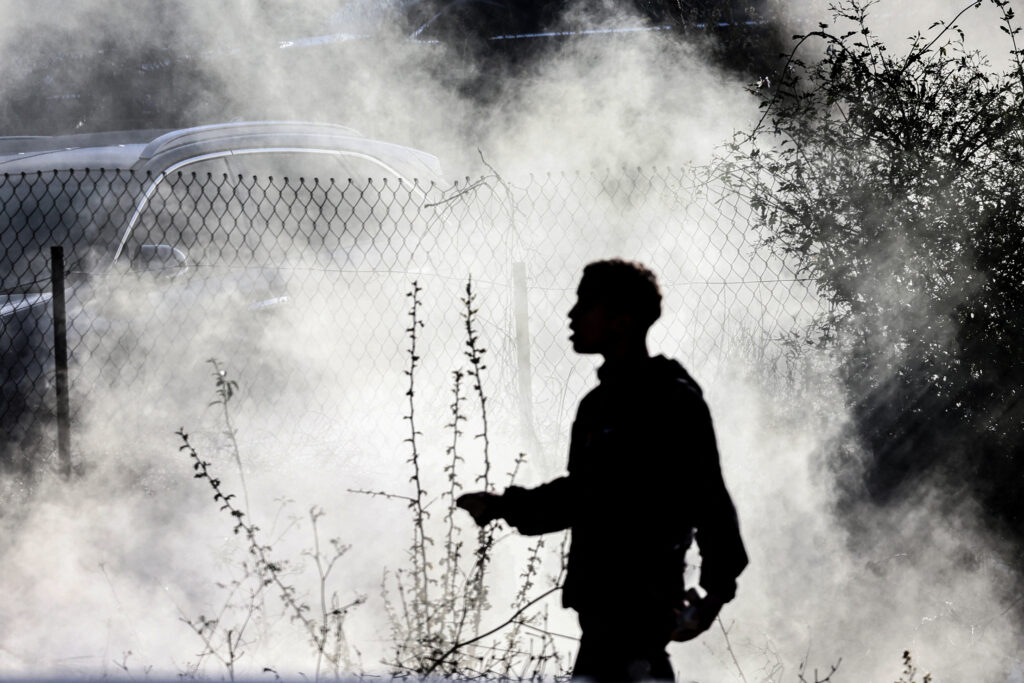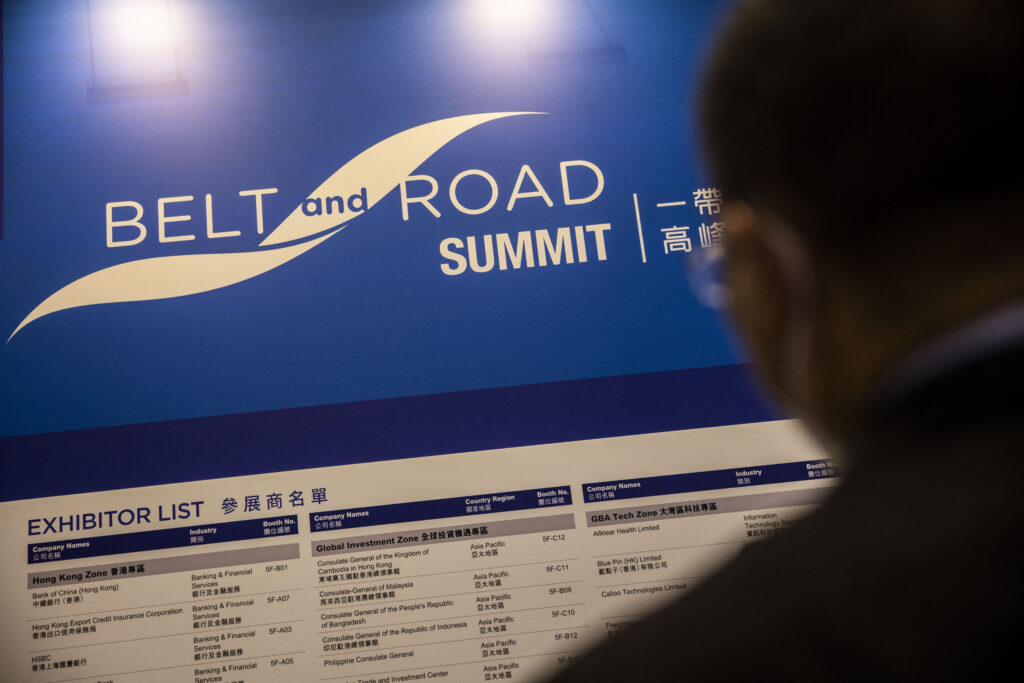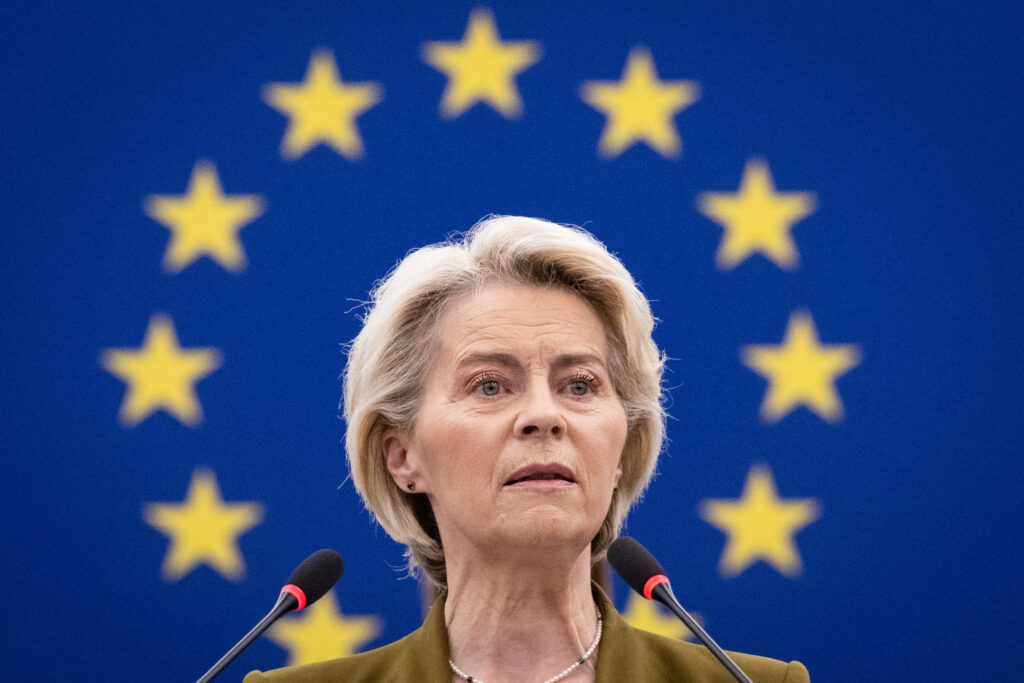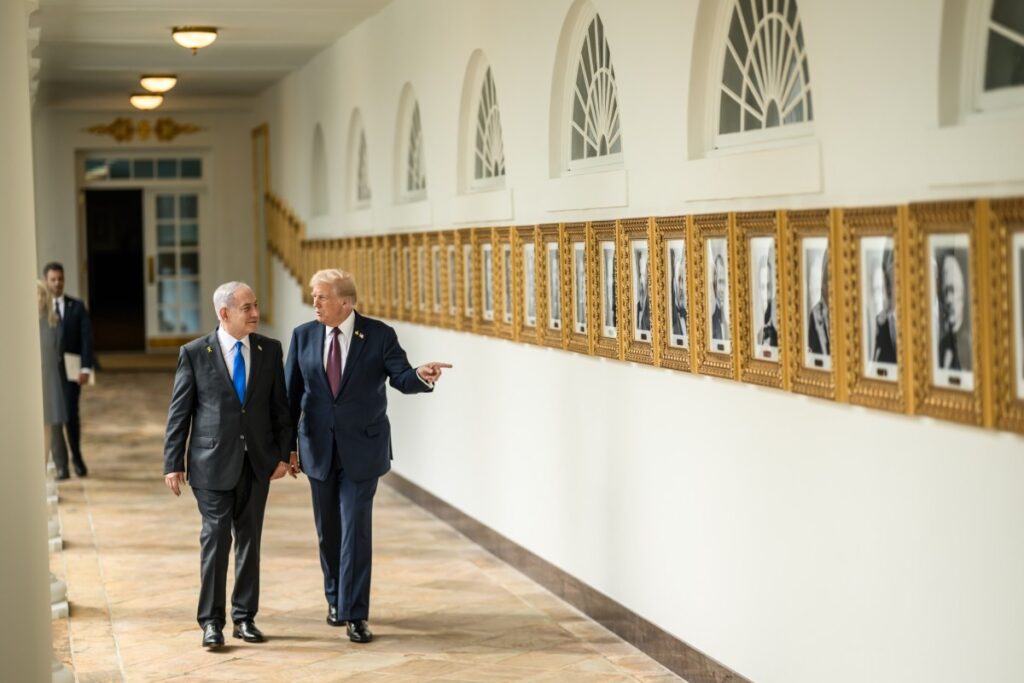Kuwait Tasks its Newly-Minted Crown Prince with Regaining its Place on the World Stage
- Clemens Chay
- -
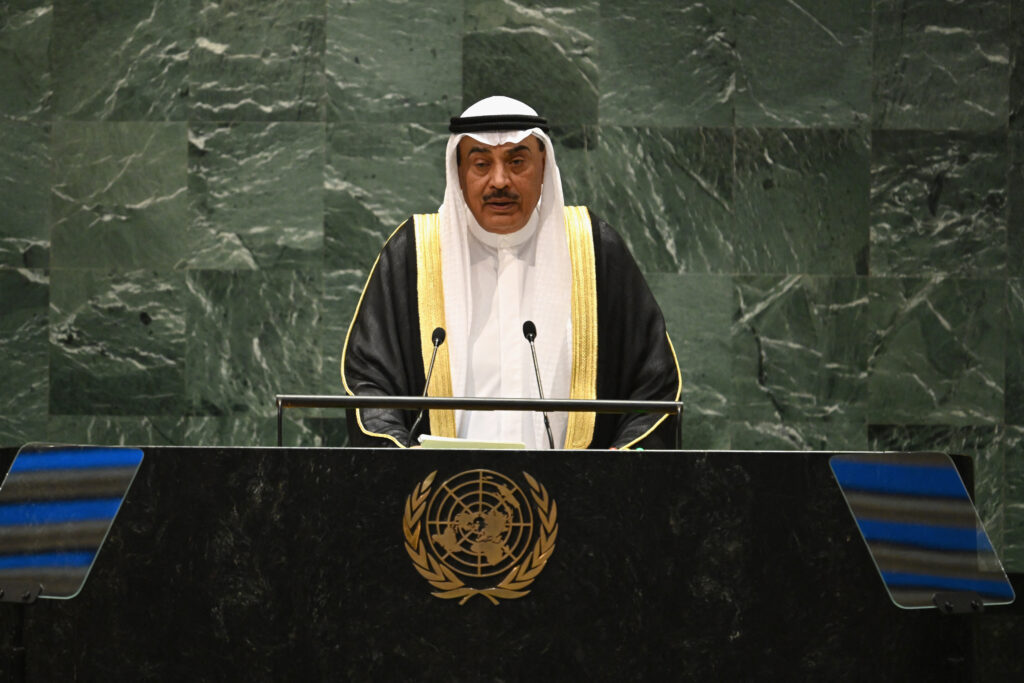
Sheikh Sabah Al-Khaled, named heir apparent in June, led Kuwait’s delegation at the UN General Assembly’s Summit of the Future in late September. Heading his country’s delegation to New York charted the arc of his career vividly: His first diplomatic posting was to Kuwait’s Permanent Mission at the UN. Reiterating his country’s commitment as a “defender of international law”, the Crown Prince’s speech warned against “double standards” in a world order that could degenerate into “jungle politics” — an indirect critique of the international community’s handling of the Gaza conflict.
A Family Bridge
The appointment of Sheikh Sabah as Crown Prince broke the longstanding tradition of alternating power between the Al-Jaber and Al-Salem branches of the Al-Sabah ruling family. Despite hailing from the Al-Hamad line, the Sheikh’s interfamily connections were pivotal in addressing tensions within the ruling class, and fostering ‘asabiyya, or internal cohesion. His mother’s Jaber ancestry, and his own marriage to the Salem wing, served as important bridges between lineages.
A Seasoned Statesman
Despite these connections, it was Sheikh Sabah Al-Khaled’s professional competence that earned him the job. As Prime Minister (2019-22), he steered Kuwait through the Covid-19 pandemic, and withstood a gruelling nine-hour parliamentary interrogation. During this ordeal, he strongly refuted allegations of corruption, even challenging lawmakers to present evidence in a less “politically-motivated” forum. The Kuwaiti Cabinet’s track record with “grilling” by the parliament usually ends with the resignation of a minister, or the entire ministerial setup. The most high-profile instance of this was the resignation of Nasser Al-Mohammad’s government in 2011 in the wake of escalating citizen protests over corruption allegations. Bucking the trend this time around, Sheikh Sabah stood firm against dissenting MPs, exposing the “interrogation” as not only a politically-motivated exercise, but also one that served narrow, personal interests.
Kuwait’s Emir took six months to make his pick for a next-generation leader. That Sheikh Sabah is not the son of the incumbent and former Emirs — another trend in Kuwaiti leadership succession that has been bucked — reflects his competence. In over 40 years in public service, he has undertaken overseas postings with the Ministry of Foreign Affairs, including to Saudi Arabia as ambassador. He was also head of the National Security Bureau, a stint that sat well with the Emir. His diverse ministerial experience, spanning social affairs and information, strengthened his succession case. Of course, it would not have hurt that a key rival for the post, Mohammad Al-Sabah, a Harvard-trained economist, decided to steer clear of politics in light of the suspension of the country’s parliament for four years.
Rejuvenating Kuwait’s Diplomatic Standing
Sheikh Sabah has embraced the task of providing Kuwait’s foreign policy with renewed impetus. His work in the external realm will complement that of the Emir, Sheikh Meshaal Al-Ahmad, who rose from a security background, and is now setting the house in order after the parliamentary suspension. One of the paths forward entails the reassignment of ambassadors abroad into administrative roles at the HQ, while younger diplomats are thrust forward to represent Kuwait worldwide. This approach aims to leverage the fresh perspectives and energy of newer diplomats to reinvigorate bilateral relations, rather than relying on entrenched ambassadors.
In the author’s conversations with various Kuwaiti policymakers, they said the Crown Prince’s desire to breathe new life into Kuwait’s global profile was exemplified by his request for the diplomatic cables upon his appointment. Besides demonstrating his intent to prioritise Kuwait’s diplomatic relationships, this reflects his desire to restore the country’s role in conflict resolution and mediation, which has waned since the death of former Emir Sabah Al-Ahmad in 2020. The former leader was widely regarded as the architect of Kuwait’s foreign policy, and under his leadership, the Crown Prince was described by interviewees as a “playmaker”. They noted his instrumental roles in various areas, including serving as negotiator during the Qatar blockade, leading the Yemeni peace talks held in Kuwait, and chairing the Iraq Reconstruction Conference, which garnered US$30 billion in donations.
Charting a Path with Security and Economic Considerations
It is significant that, in the aftermath of October 7, US Secretary of State Antony Blinken’s numerous Middle East trips included visits to the United Arab Emirates, Saudi Arabia, and even Bahrain, but, glaringly, Kuwait — home to some 13,500 US troops — was left out. The Crown Prince likely addressed this issue with US National Security Adviser Jake Sullivan on the sidelines of UNGA, aiming to bolster security coordination.
Diplomacy is not Sheikh Sabah’s only focus, however. While in New York, he met business leaders from Blackstone, Goldman Sachs, and the Carlyle Group, making clear that economic matters, from investments to technological transfers, were among his priorities. Members of his delegation, particularly Meshaal Jaber Al-Ahmad, the Director-General of the Kuwait Direct Investment Promotion Authority, have undoubtedly been tasked with pursuing follow-up actions. These initiatives run parallel to efforts in Beijing, where a delegation led by the Minister of Public Works aims to finalise a deal with Chinese partners for developing the strategic Mubarak Al-Kabeer port.
The port constitutes the Kuwaiti government’s push to revive its longstanding northern economic zone plan, which previously received Chinese interest, but failed to take off owing to two reasons. First, the project faced stiff resistance from Kuwait’s parliament, which raised the danger of a lack of legislative oversight, and concerns about Islamic morality issues, such as the possibility of legalising alcohol consumption. Second, the death of then-First Deputy Prime Minister Nasser Sabah Al-Ahmad, who oversaw its implementation, meant that the project lost its champion. If revived — the suspension of parliament means fewer questions will be asked — the northern zone is expected to galvanise trade links with Iraq, Iran and China – hence its moniker, “Silk City”.
A Leadership with a Point to Prove
The Crown Prince’s travels have been unceasing. He is now visiting Qatar as the country’s lead at the third summit of the Asian Cooperation Dialogue. It is increasingly clear that the Emir entrusts Sheikh Sabah with foreign policy. But he will have much to do to earn the level of gravitas of the late Sabah Al-Ahmad, whose shuttle diplomacy was lauded during the Qatar blockade. What is also expected on the regional front is closer coordination with its neighbour, Saudi Arabia, the first destination of both the Emir and the Crown Prince upon their respective ascensions.
At home, with the four-year parliamentary suspension, the stakes for the government are significantly higher without electoral buy-in. Where the passing of the state budget was previously delayed on multiple occasions due to parliamentary opposition, the government will now have to channel its finances wisely and efficiently. Apart from “Silk City”, more major economic projects are needed, not only to wean the country off oil, but also to address public expectations. Currently, the tag team composed of a security-minded Emir, bent on eradicating corruption and illegal citizenship, and a Crown Prince tasked with navigating the international front, appears ideal. But the leadership must act — and swiftly.
About the Author
Dr Clemens Chay is a research fellow at the National University of Singapore’s Middle East Institute. His research focuses on the history and politics of the Gulf states, with a particular emphasis on Kuwait, Oman and Qatar. At MEI he spearheads a public education series entitled “Bridging the Gulf”. His recent academic publications include a chapter that examines Kuwait’s parliamentary politics in The Routledge Handbook of Persian Gulf Politics (2020), a chapter in the edited volume Informal Politics in the Middle East (Hurst, 2021), and a study appearing in the Journal of Arabian Studies, titled “The Dīwāniyya Tradition in Modern Kuwait: An Interlinked Space and Practice.” His commentaries also feature across different outlets, including ISPI, KFCRIS, and AGSIW. He is currently working on a book project related to Kuwait’s diwaniyas (affectionately known as diwawin, and more widely known as majalis outside Kuwait), the reception rooms for informal meetings that have implications for society, politics and diplomacy.
Prior to joining MEI, Dr Chay was the Al-Sabah fellow at Durham University, where he taught and completed his PhD in Middle Eastern and Islamic studies, and where he also received an MSc in defence, development and diplomacy. He is also a Sciences Po Paris alumnus, having read his BA at the Menton campus.


